“The personal and social consequences of any medium - that is, of any extension of ourselves - result from the new scale that is introduced into our affairs by each extension of ourselves, or by any new technology.” - Marshall McLuhan
That quote more or less sums up what I’m here to talk about. Games as a medium.
I’m not interested in talking about Genres, Trends, Fun, Companies, Specific games, Ideas, Themes, etc. What I’m interested in is talking about the form of games without the content. To understand what developers can do with games, we must first understand what games are. The medium, not the message.
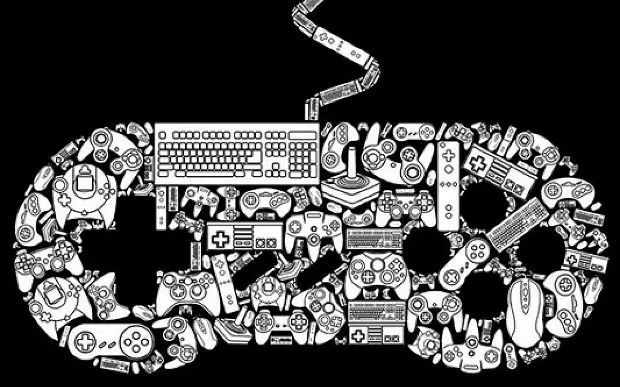
This means I’ll try to be as objective about this as possible. If I say anything that you can find contradictions in, from experience, or something just plain doesn’t makes sense let me know. If this is recieved well I’ll be doing more to analyze what the hell it is we do when we make games and what the relationship of games and audience is.
In order for me to talk about this properly its important that we establish a foundation of…
What is a game?
Games are uniquely unique from any other art form in its use of interactivity. While all art requires some form of interaction from the audience, for example:
Writing requires the reader to read.
Film and animation the audience to watch.
Etc.
Games require the audience to involve themselves directly with the medium through some form of physical interaction.
What does the player interact with? With games, it will be systems that developers create to shape the game world. These can come in the form of movement systems, puzzle systems, dialogue systems, even just menu systems.
Which leads us to a possible definition for a game: “Interactive systems”.

“Doesn’t that include web browsers?” someone out there probably thought.
Okay. Lets change that to “non-practical interactive systems”. “non-practical” meaning that the interaction is done for the sake of interacting with the systems rather than as a means to an end.
Whats important about this definition isn’t what it says, but what it doesn’t say. It doesn’t define genres, subject matter, or styles. It also doesn’t say anything about the materials the game uses. It can be digital, board, card, etc. No mention of any limitations on philosophies or thoughts. Using this, for now, we can at least have a good starting point to discuss games from.
Keep in mind this is a definition I made up and there might be better ones out there. The definitive definition of games are an on going process that may never end. The more games re-invent themselves the more previous ideas of games will break, change, and evolve. As it should be.

Vocabulary of games
Now we know, on a surface level, what a game is. How does that translate into a meaningful experience that we can call art?
Often times, any conversation of the structure of games comes when relating to specific games or genres or “fun” which doesn’t help outside those specific cases. What I’m interested in is the basic, foundational vocabulary games employ in order to get the audience lost in the worlds we create.
I’ll be doing my best in order to break down games and understand what makes them so powerful. Its on you, the reader, to use your own experience to evaluate what I write here. Maybe it will start a conversation, or at the very least begin to open minds to evaluating games in a different light.
I can’t say everything I want to say in this article, there’s so much to talk about. For now I’ll start with something most everyone understands or should have heard of in some capacity.
Game Feel
If you’ve never heard of this before check this or this. I’ll wait……cool. For those of you who can’t be bothered to leave and come back I’ll sum up Game Feel as quickly as I can.
Basically Game Feel is the idea of representing actions through more than just the mechanical aspect of it. For example: if you were to shoot a gun, bullets would come out. To better represent the impact and weight of shooting one might add something called “screenshake”. you can go further with stuff like gunkicks, muzzleflash, etc. You get the idea.
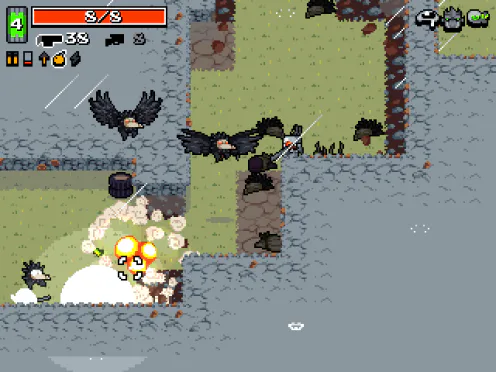
Its generally been understood that Game Feel is good, it makes your game feel better (duh). A dull lifeless game generally has bad “Game Feel” while a visceral game can pretty much be counted on for good “Game Feel”. Why is that? What is Game Feel in its essence?
To understand this I’m going to talk about cars for a little bit. If you haven’t driven before this maybe think of the experience of riding a bike or something similar. When someone is driving a car, that car becomes an extension of themselves. Turning the wheel left makes the person think “I’m going left” rather than “I’m turning the car left”.
People have a kinaesthetic feeling of our orientation in space as if we are the body of the car.
This same feeling can be applied when we play games. Think of someone playing a fighting game. If they hit their opponent they don’t think “My character hit their character”, a person will think “I hit them”. This sense of expanded awareness is the focal point of any immersive game.
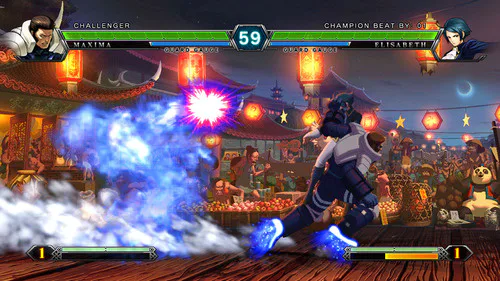
This is because of the feedback the game or car gives us. When we recieve a constant stream of feedback our minds create a form of 6th sense relating to that feedback. For example: think of your sense of touch. It is nothing but constant feedback and through that feedback you gain a connection to your body. Game Feel works on the same principle.
When a strong connection is made between mind, action, and a stream of feedback it expands our identity into that which gives us that feedback.
This is why “screenshake” works so well. We don’t need to look for feedback (looking for the bullet), the shaking screen lets us know we did the action without even searching. Thus creating that strong connection between mind, action, and feedback.
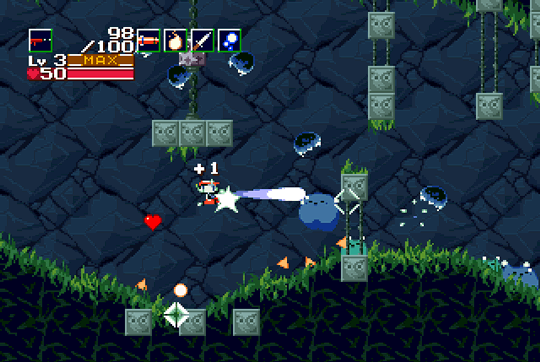
Though a conscious understanding of the Game Feel used in your games, you can manipulate and transform the identity the audience takes when they play your game.
There’s many factors that come into play with Game Feel ranging from sounds to visual effects to control responsiveness and while I really wish I could get deeper into this I’ll have to leave it here. This article is starting to get a little long.
What’s important is being aware of what your game is communicating to the audience. Game Feel is not optional. Every game must, by its very nature of interaction, have it. There’s always a sense of connection between action, feedback, and mind in every game.
It’s up to you, the developer, to understand the feedback your game currently gives and to consiously control it.
If you are making a game, ask what feedback your game gives to the player to help them expand their awareness into the role you want them to take. If you aren’t ask what your favourite games do in terms of game feel in order to expand your awareness into the role you took while playing those games.
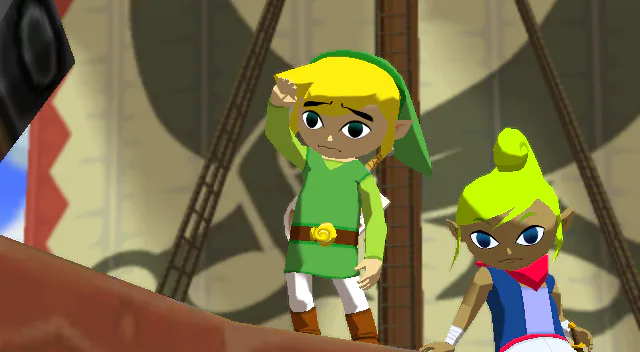
Conclusion
This was a basic introduction to my line of examining games as a medium. Hopefully it was broad enough to apply to any type of game, while specific enough to isolate and describe.
Games are such a rapidly expanding medium that understanding it is becoming critical to our growth. A deeper knowledge of games allows developers to see their games both broadly and specifically with a better understanding of its workings. Rather than feeling something is wrong, one would be able to point out specific things.
Lastly, knowledge of our fundamentals is the key to progress in our medium. When forced to examine our own development decisions it will lead to new ways of thinking and ideas. Those unaware of the impact of their choices end up going back to the deafult, the normal, or what has been done before.
There’s a lot more I want to say but again, this is an article. Can’t go on forever. If you found this interesting and/or insightful in any meaningful way let me know. I’d love to continue exploring games and letting you know what I find but only if those of you out there are interested.
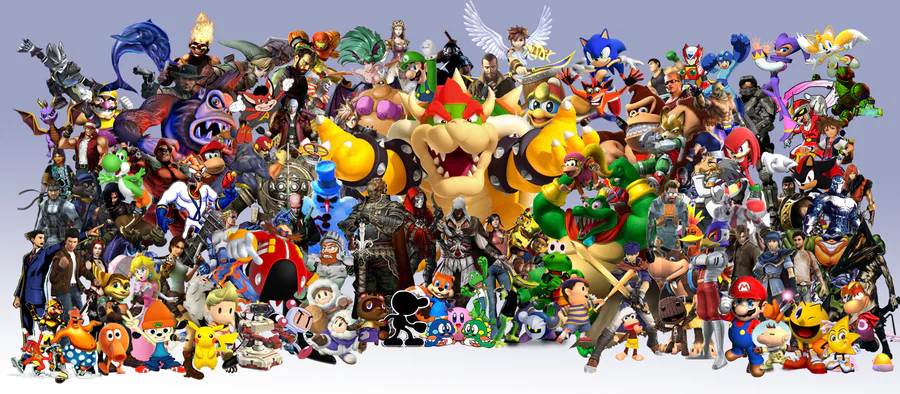




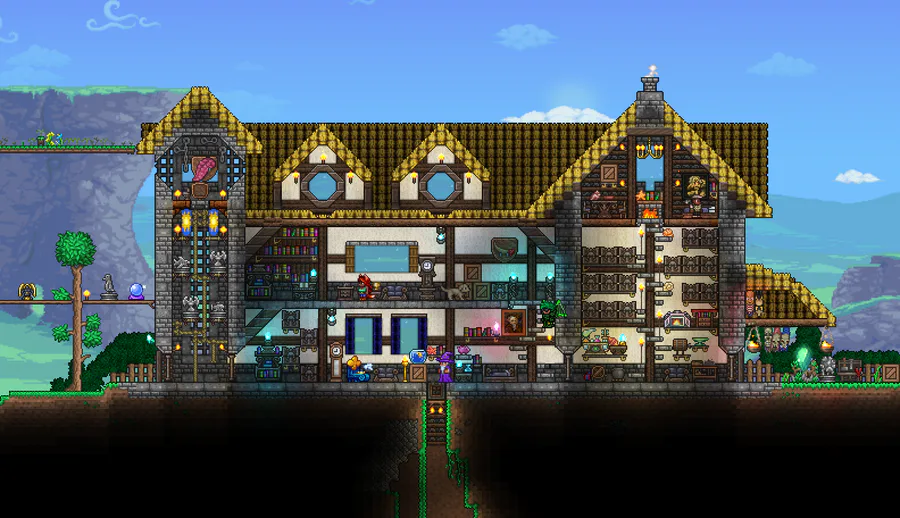

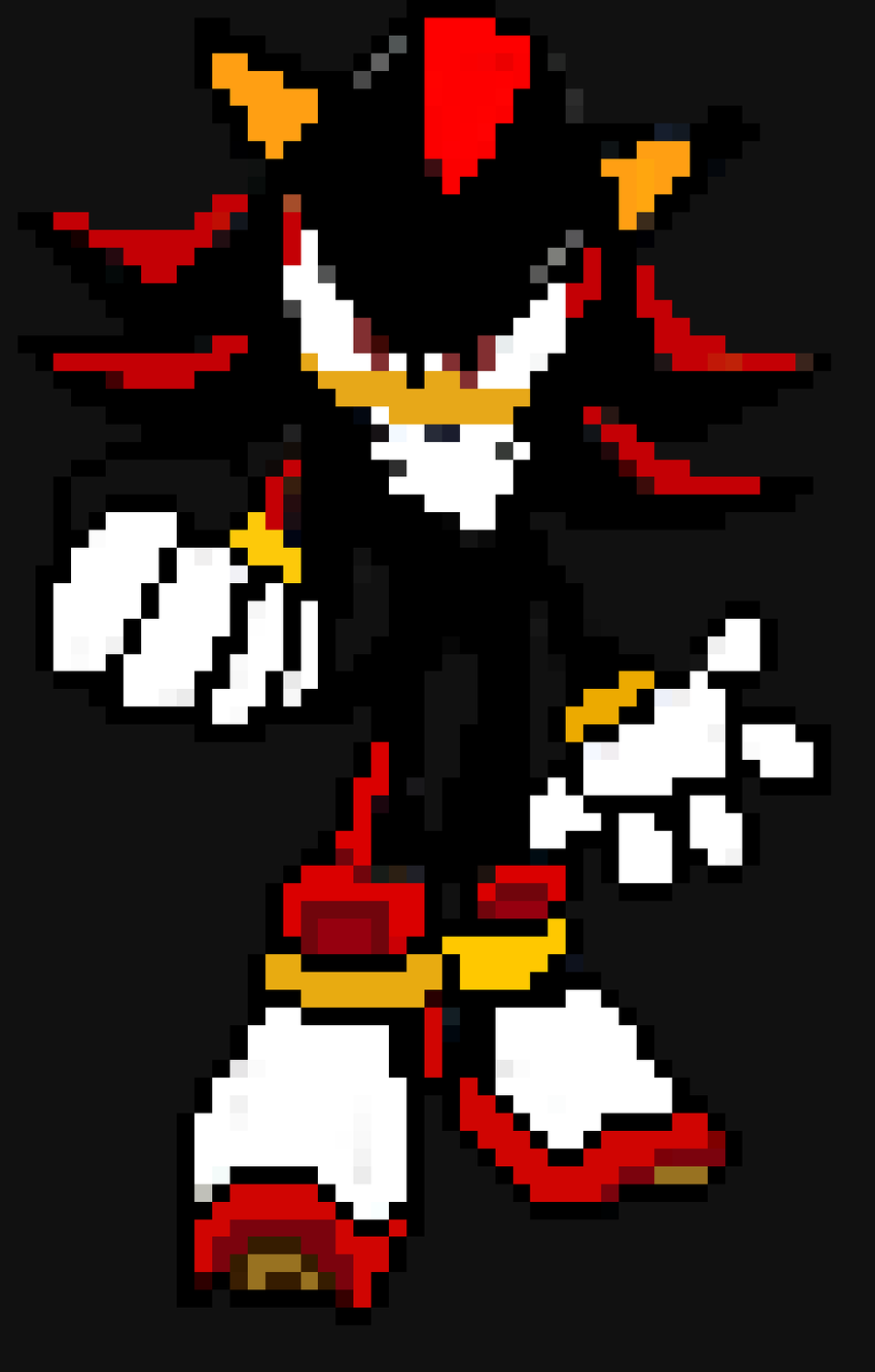

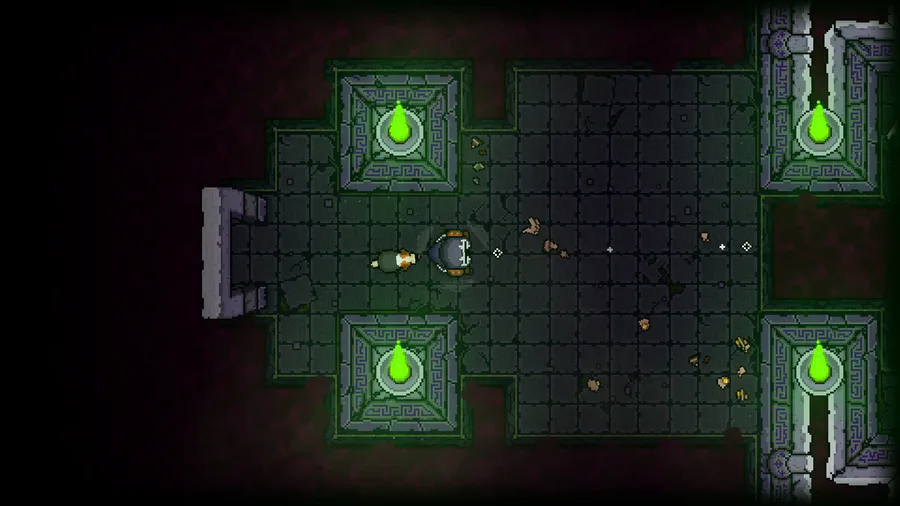
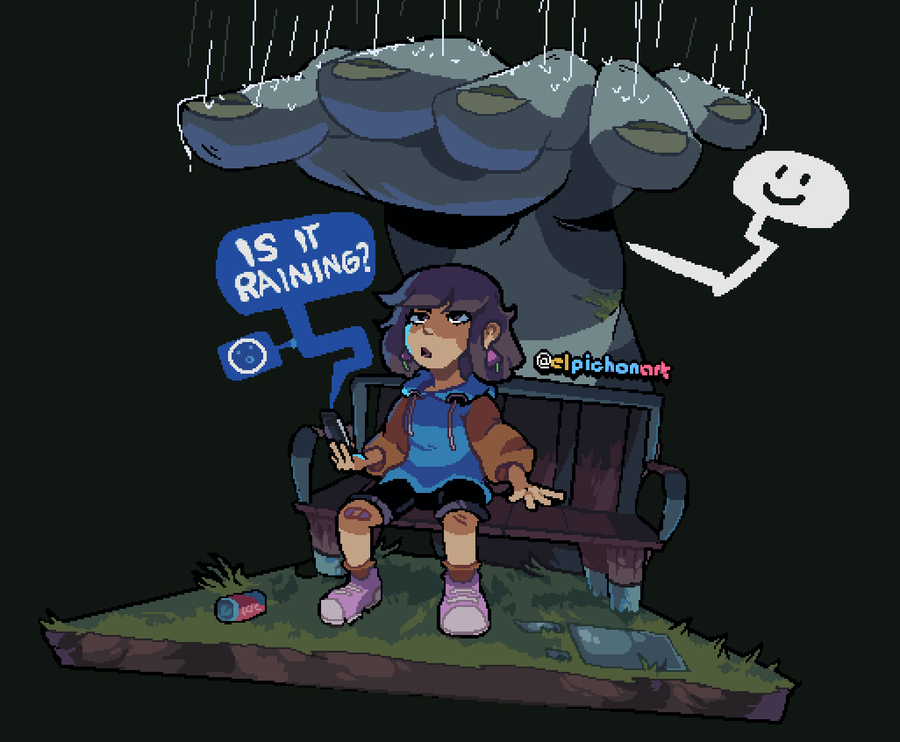
11 comments